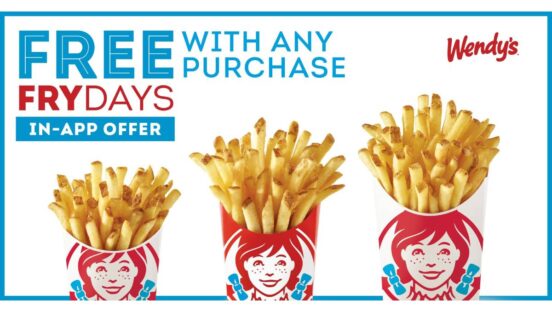The labor shortage has created a heated competition to attract workers, and major restaurant chains have responded by bolstering benefits.
McDonald’s, arguably the most iconic restaurant in the world, is a part of that group. For its nearly 660 company-operated stores, the brand is increasing hourly wages to an average of $13 per hour, and will boost it to an average of $15 per hour by 2024. The company said entry-level workers will earn a minimum of $11 to $17 per hour and shift managers will make a minimum of $15 to $20 per hour. The shift only applies to 5 percent of McDonald’s footprint, but the brand is encouraging its 2,000 U.S. franchisees to make the same commitment.
In a conversation at the CNBC Evolve Global Summit Wednesday, CEO Chris Kempczinski said “a great economy is very helpful to growing employee wages” and that many of the changes are occurring because of “companies like McDonald’s needing to compete for the best talent.”
“So, I think, what you’re seeing here is the benefit of [competition]. Our move that you referenced around paying $15 an hour by 2024, which is the timeline that we laid out, is because of our need to stay competitive,” Kempczinski said at the conference. “And when you have Walmart and Amazon, Target that you referenced, all moving to $15, certainly that’s a talent pool that we’re competing with.”
To his point, Walmart said in February that it will raise average pay for U.S. hourly workers to at least $15.25 per hour. Costco boosted its minimum wage to $16 per hour around the same timeframe, and Target raised its minimum wage to $15 per hour in the summer of 2020. That’s not to say McDonald’s isn’t facing competition from the restaurant industry, as well. Chipotle raised the average pay of hourly workers to $15 per hour and is also giving restaurant workers the chance to advance to a six-figure general manager position in as little as three and a half years.
READ MORE: Minimum Wage Increase to Get Cut from COVID Relief Bill
Kempczinski said McDonald’s responds to where the market is moving, and a significant part of that is the major discussions around the federal minimum wage. Kempczinski noted the chain has always been “happy to have that conversation.”
Raising the federal minimum wage to $15 per hour picked up steam early in 2021 when President Joe Biden included the measure in the original version of his $1.9 trillion American Rescue Plan. However, the provision was eventually cut from the package because the Senate parliamentarian declared it didn’t meet the guidelines of budget reconciliation.
Kempczinski noted in January that while talk about the federal wage is increasing, changes have been made at the state level for several years. He estimated that roughly half of states have passed some degree of legislation, with the most recent one coming in Florida during the 2020 election. He said this gives confidence that McDonald’s can adjust to wage increases, “as long as it’s done in a staged way that is equitable for everybody.”
Ultimately, it’s a policy question for lawmakers to answer, the CEO said Wednesday. But Kempczinski was firm in saying that the current $7.25 minimum wage is not what businesses should be paying to remain competitive in the marketplace. Currently, there are 21 states where the minimum wage is $7.25, including almost all of the Southeast. Before McDonald’s recent wage lift, hourly employees earned an average of almost $12 per hour and shift managers earned an average of $16 to $18 per hour.
“Whether that’s mandated through legislation or whether you just let free market capitalism rule the day, wages are going up because the economy is strong,” Kempczinski said.








